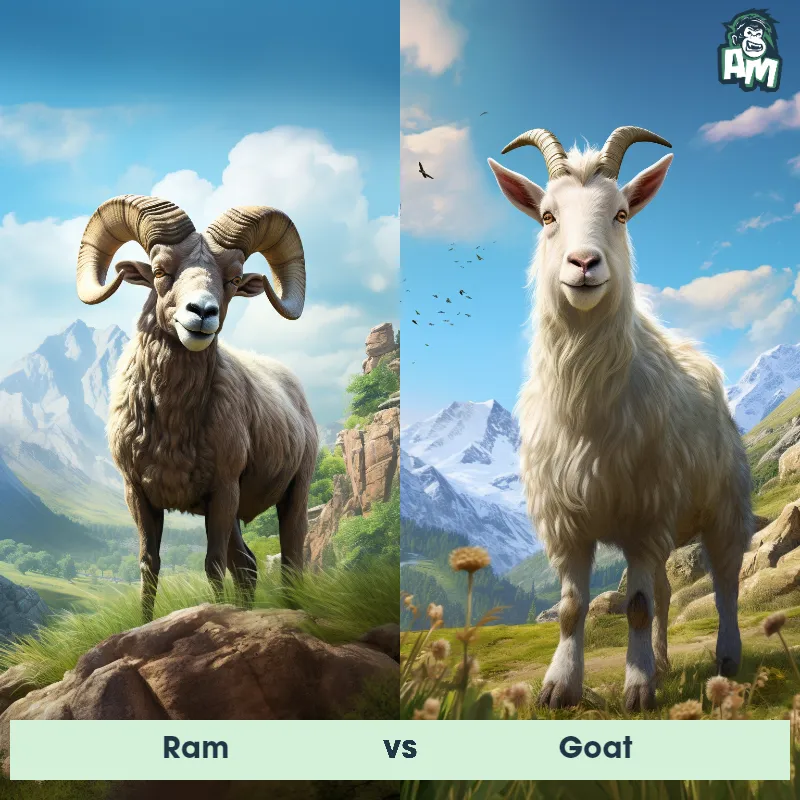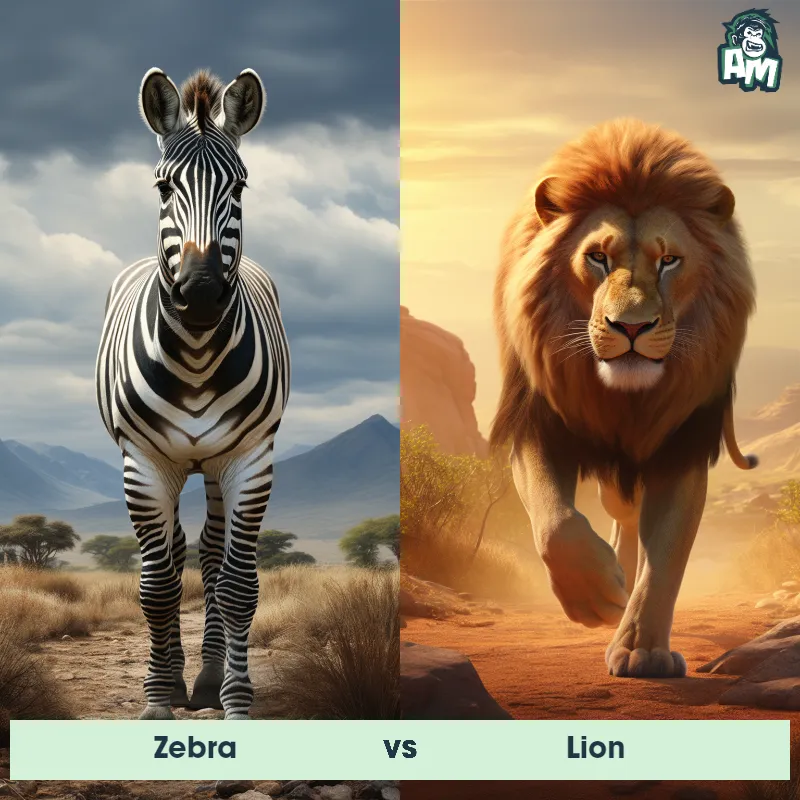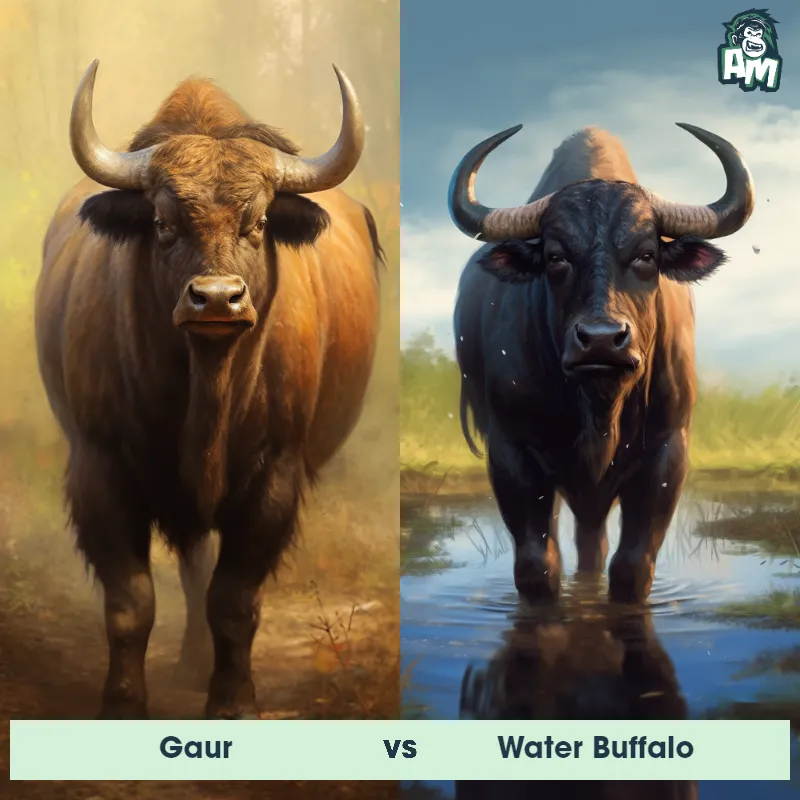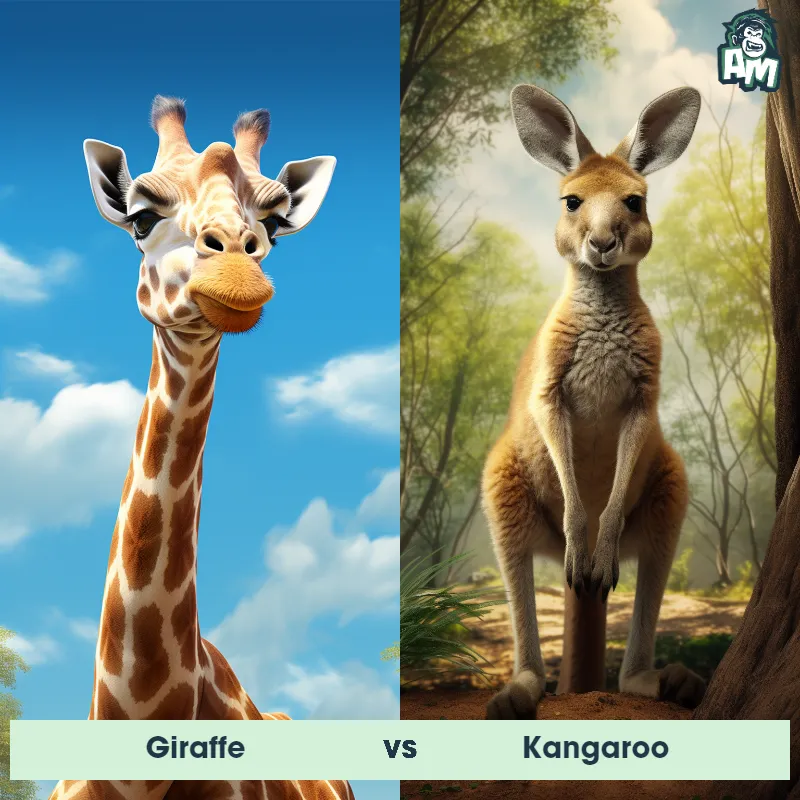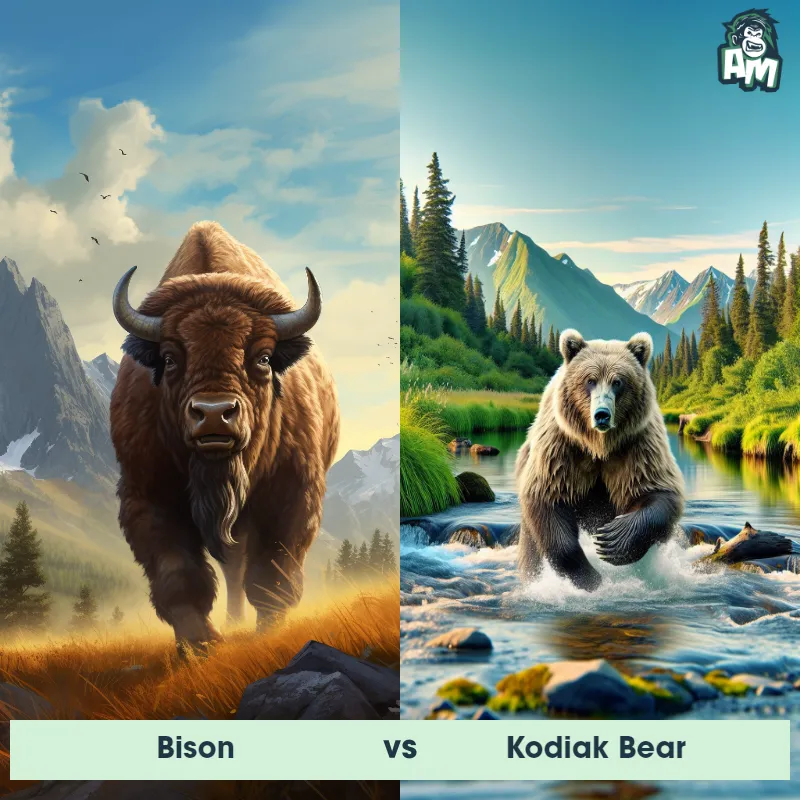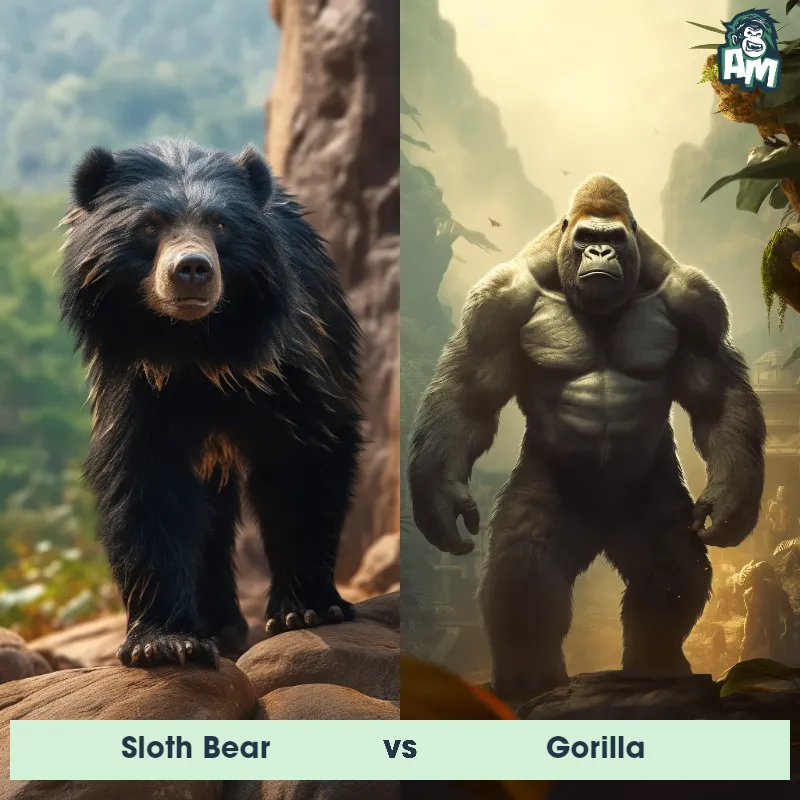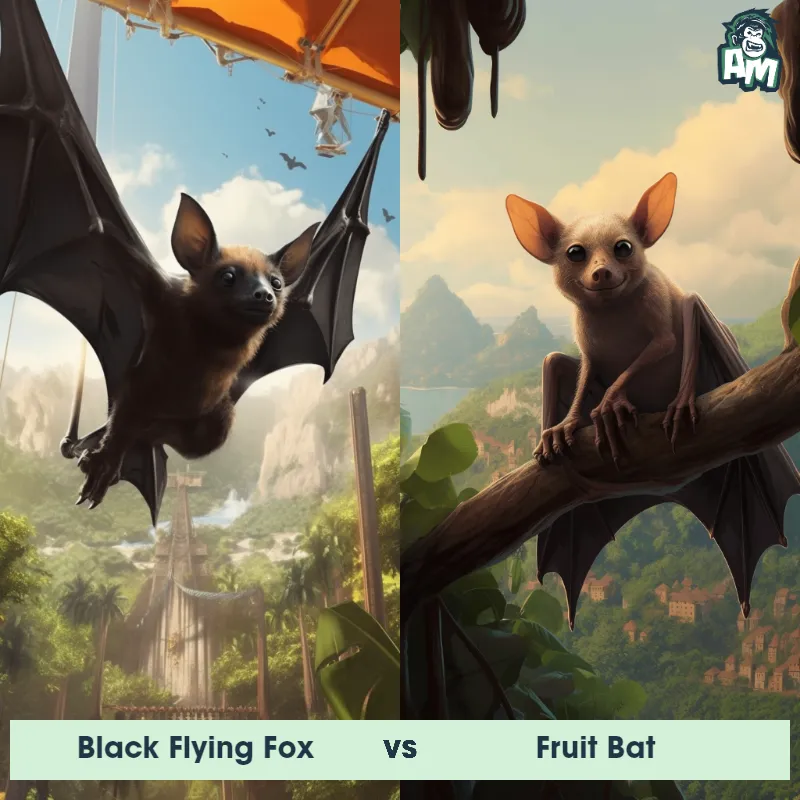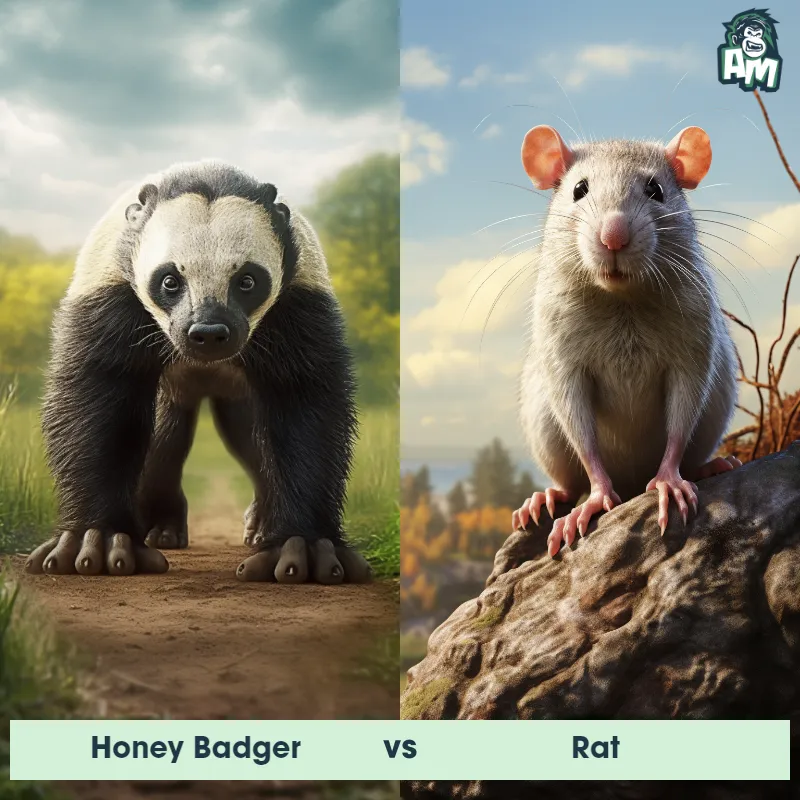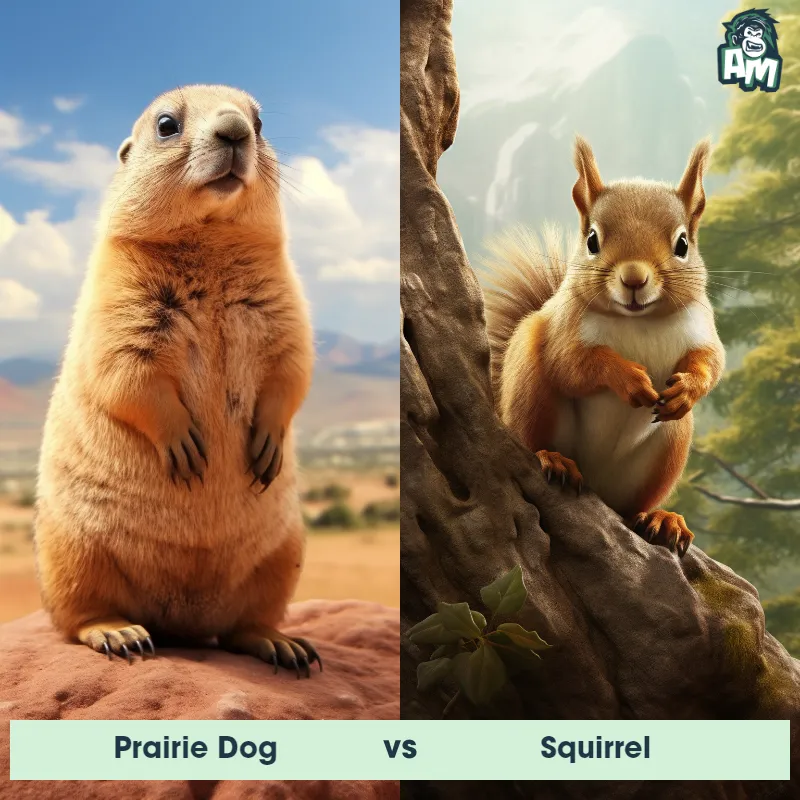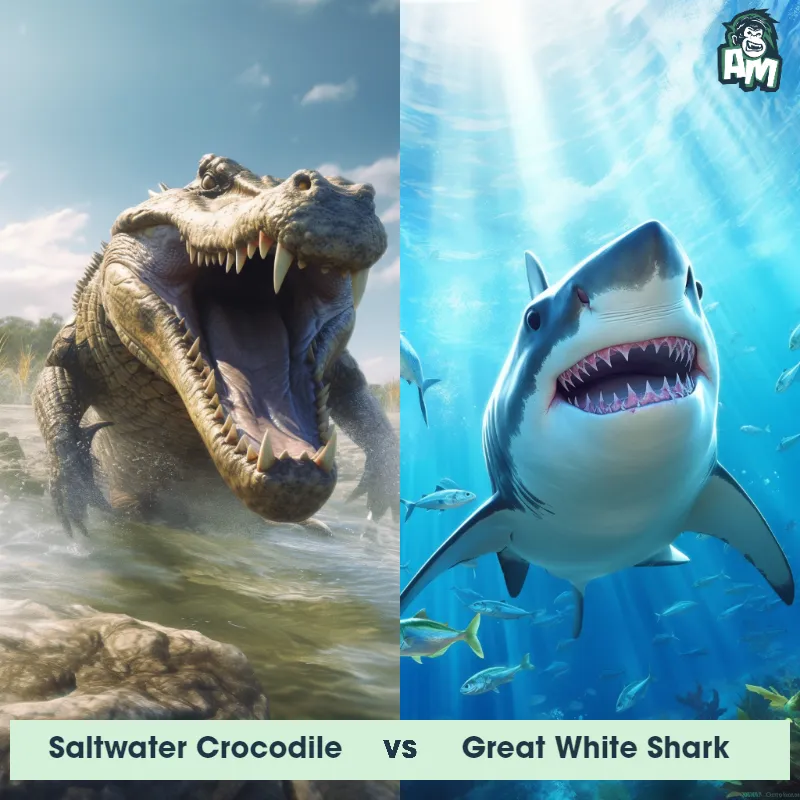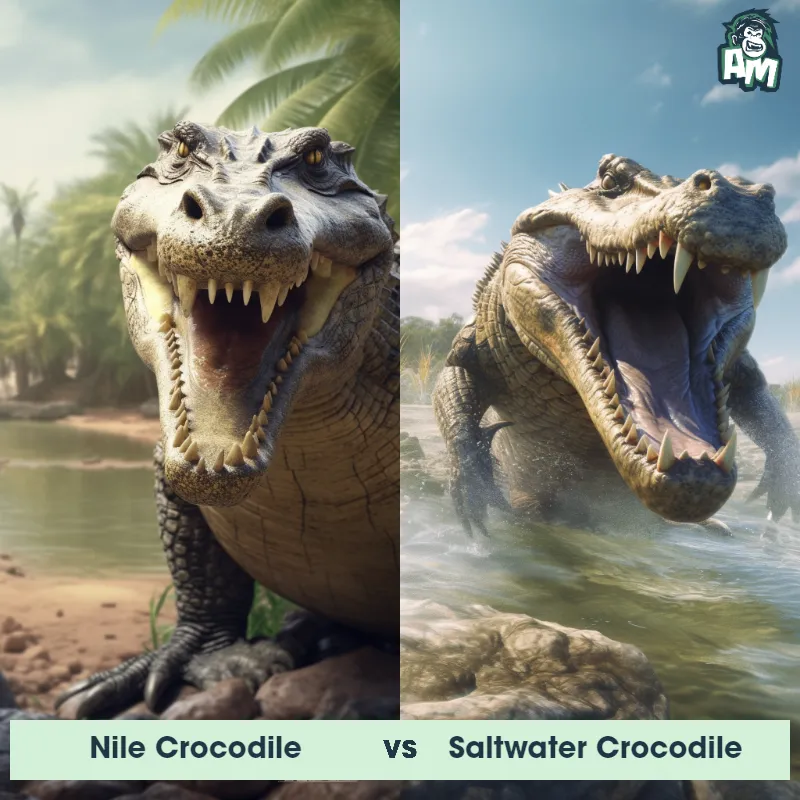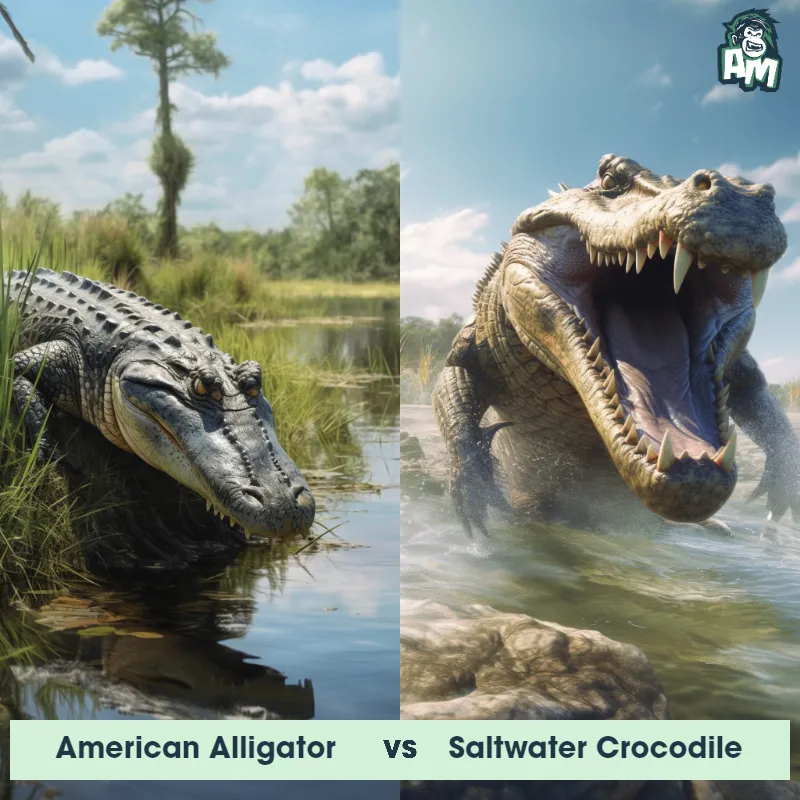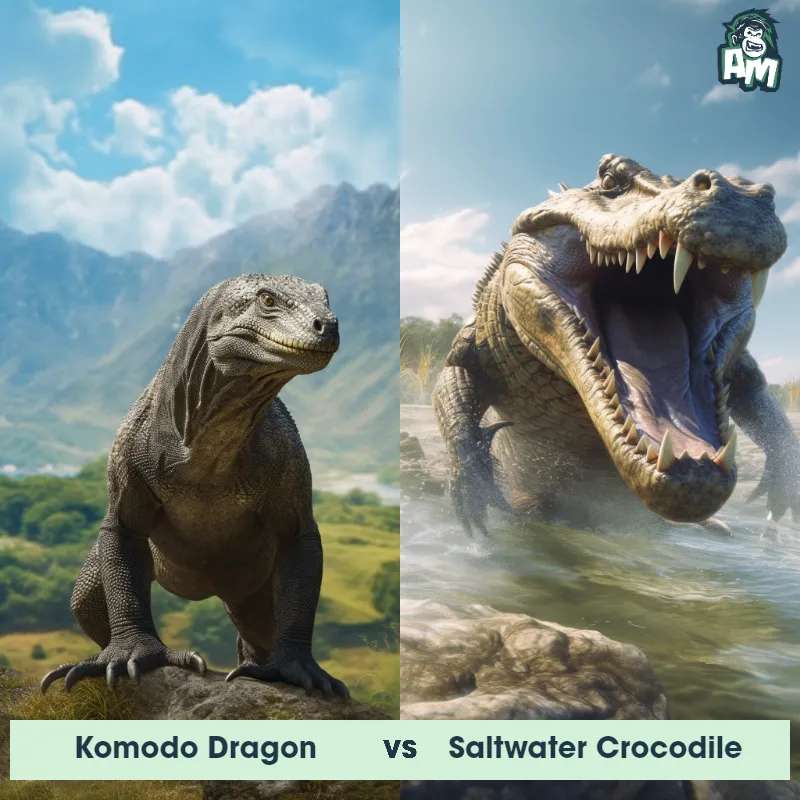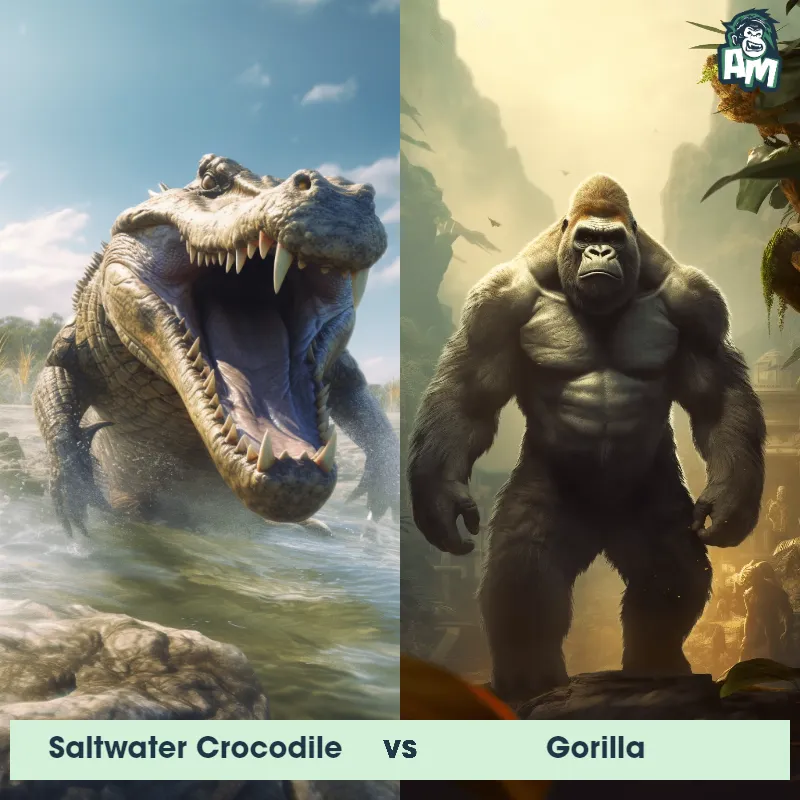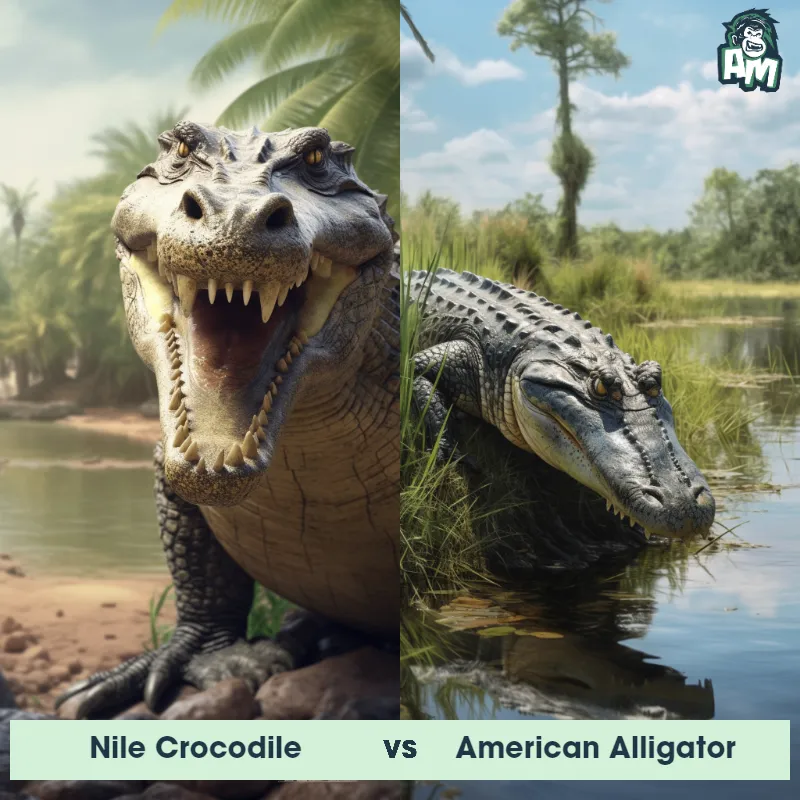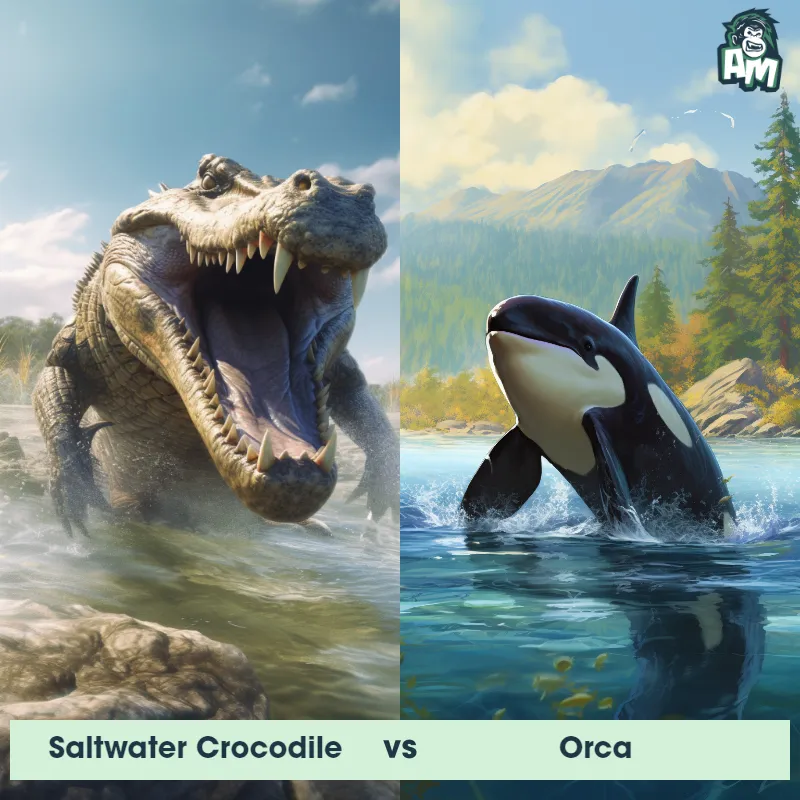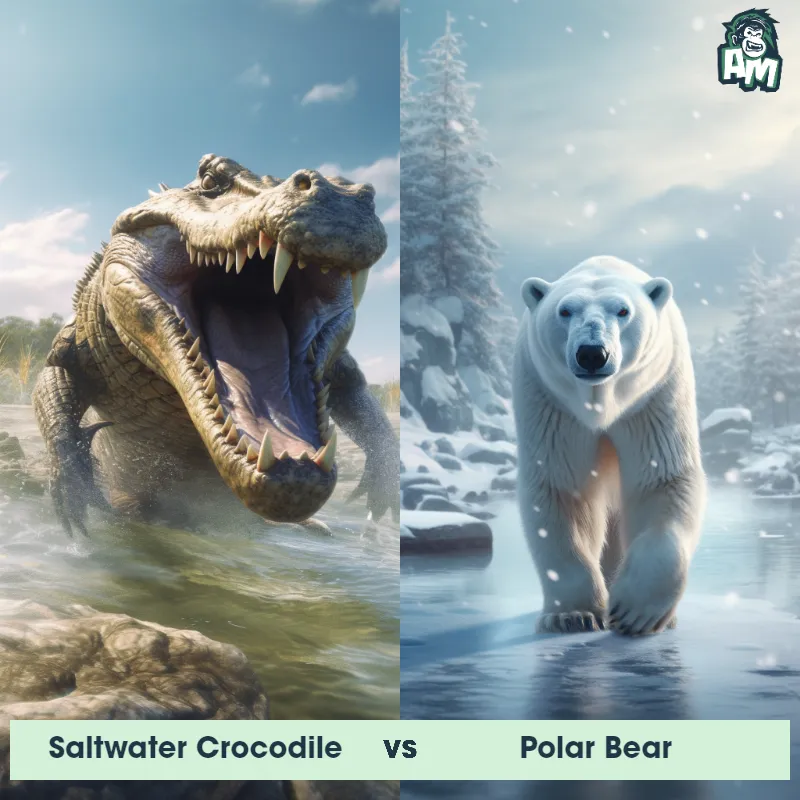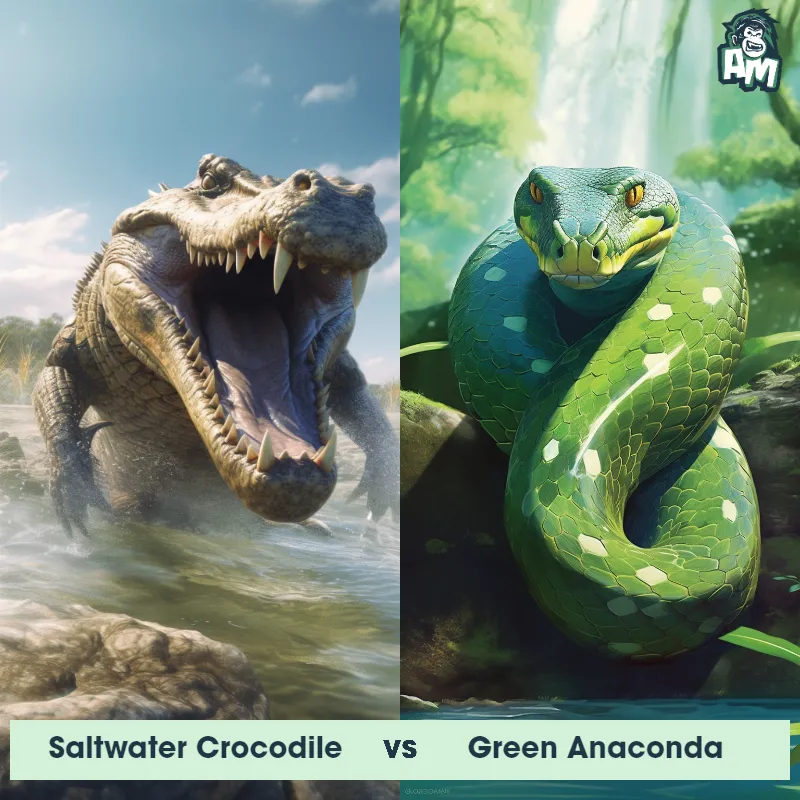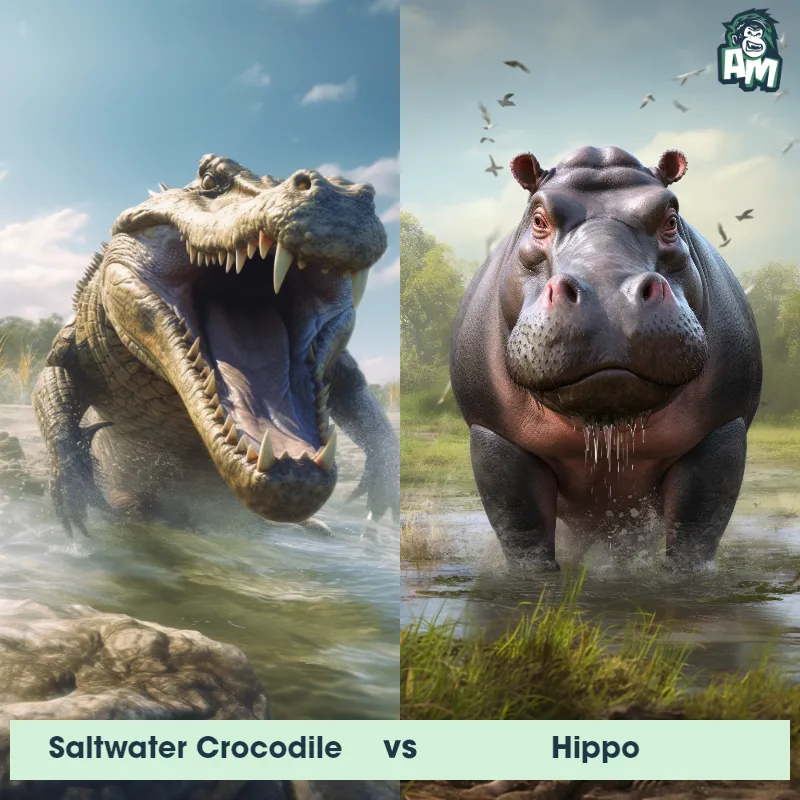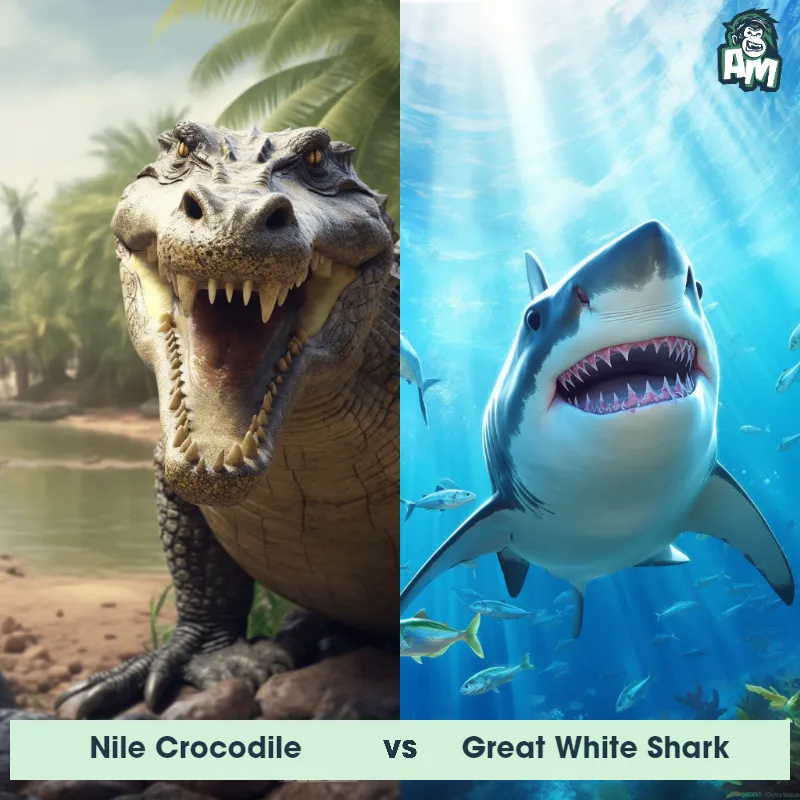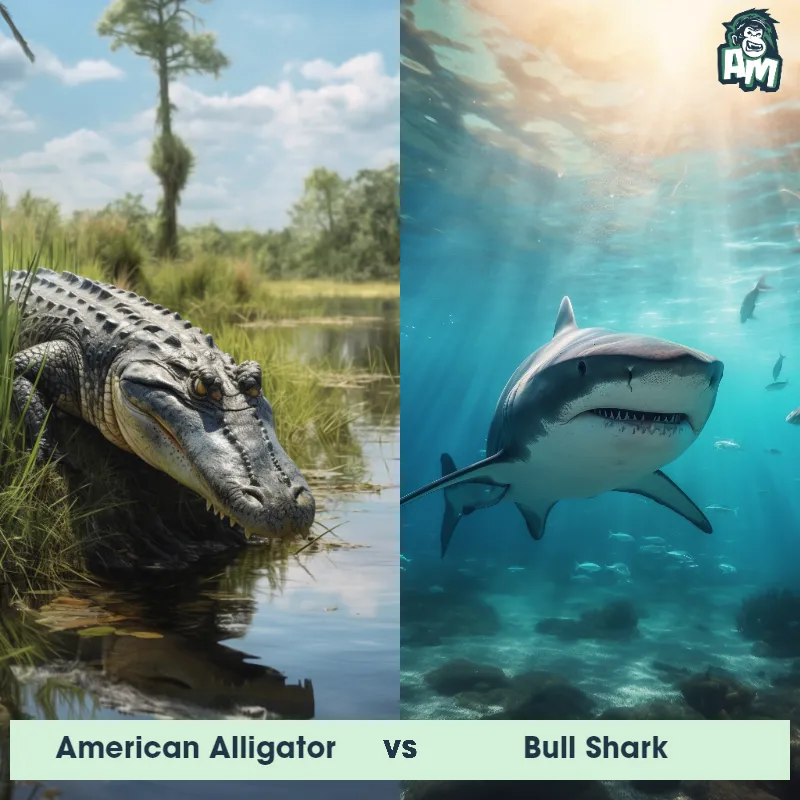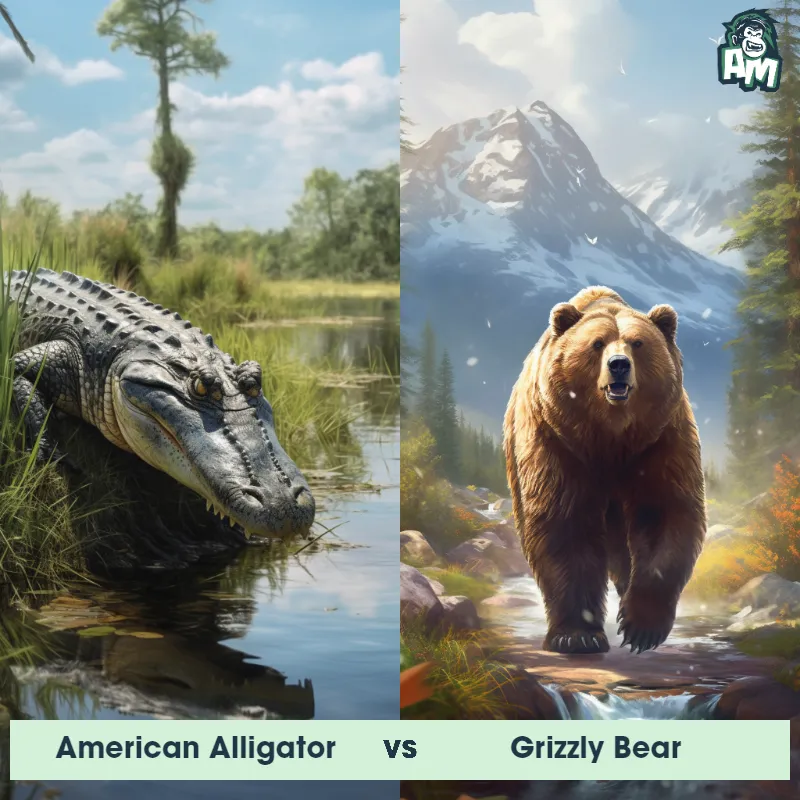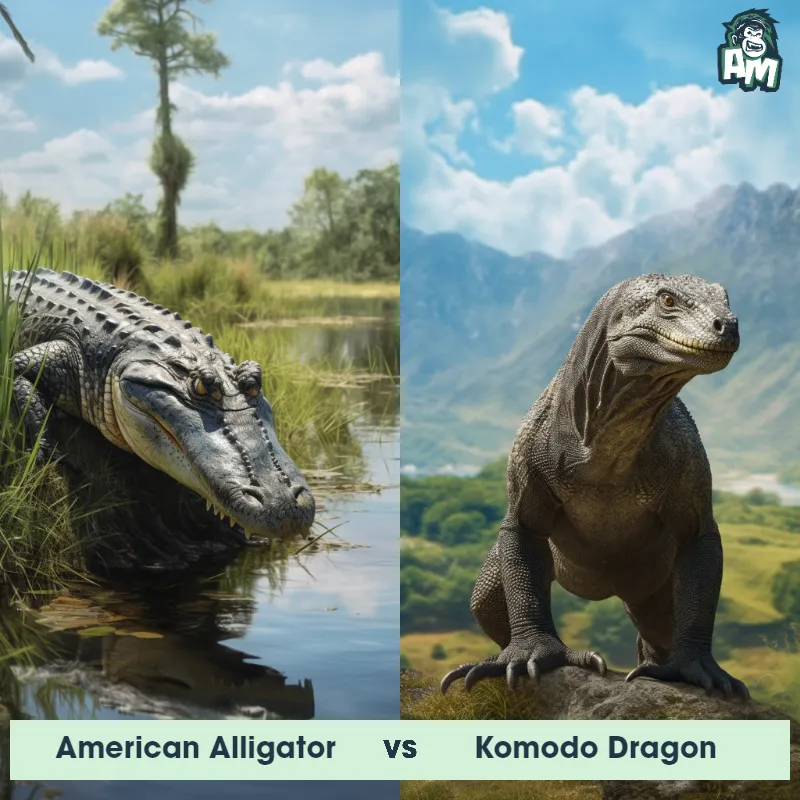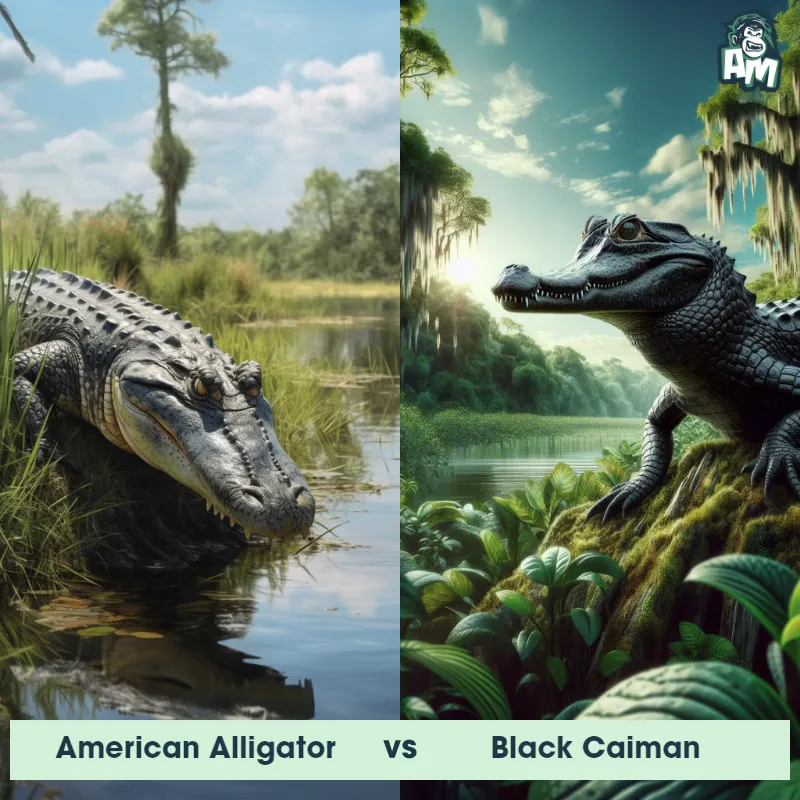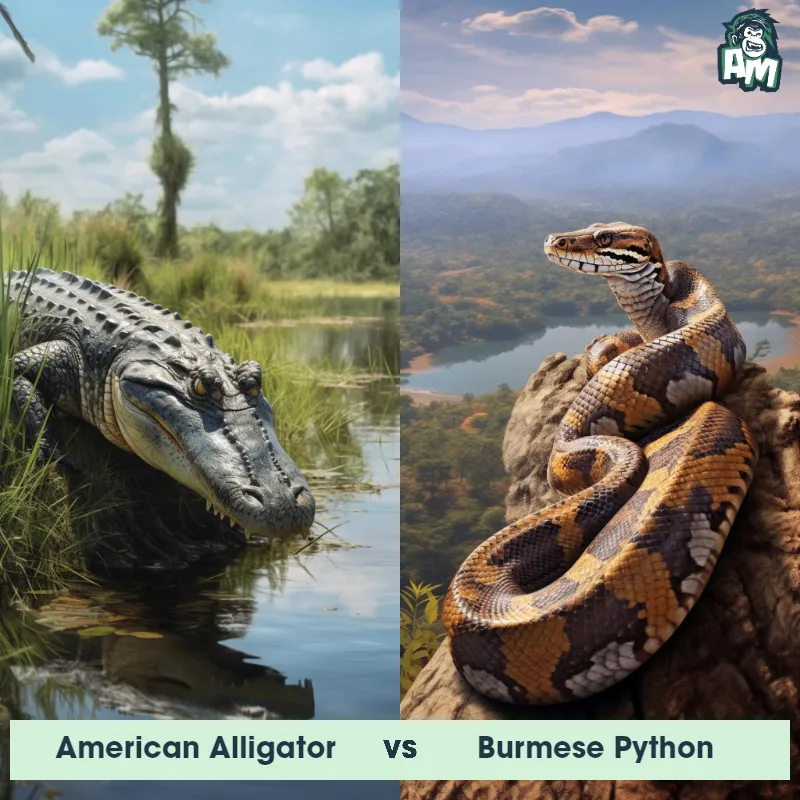Quinkana vs American AlligatorSee Who Wins

In one corner, the fearsome and ferocious Quinkana, a prehistoric predator with unmatched bite power! On the opposing side, the tenacious and resilient American Alligator, known for its incredible strength and raw survival instincts! This clash of titans promises a breathtaking showdown!
Contender 1: Quinkana
The Quinkana, also known as the Australian freshwater crocodile, was a large predatory reptile that roamed Australia during the Pleistocene era. It had a slender, elongated body with powerful jaws and sharp teeth, allowing it to be an efficient hunter in water and on land.
Fun Fact: Quinkana's size and physical characteristics suggest that it was likely a top predator in its environment, preying on other animals such as early mammals and marsupials.
Contender 2: American Alligator
The American Alligator, also known as the Florida Alligator, is a large reptile that can grow up to 14 feet long and weigh over 1,000 pounds. They have a broad, rounded snout, powerful jaws, and a muscular body covered in tough, scaly skin. Their coloration ranges from dark green to black, with a lighter underbelly. They are found in freshwater habitats throughout the southeastern United States, and are known for their ability to regulate their body temperature by basking in the sun.
Fun Fact: American Alligators are known to use tools, such as sticks, to lure birds to their location so they can catch them more easily.
Matchup Stats
| Quinkana | American Alligator | |
|---|---|---|
| Size | Up to 13 feet (4 meters) | Up to 14 feet (4.3 meters) |
| Weight | Up to 1,100 pounds (500 kilograms) | Over 1,000 pounds (453.6 kilograms) |
| Speed | 30mph (48km/h) | Speed: 20 mph (32.19 km/hr) |
| Key Strength | Powerful jaws and sharp teeth | Powerful jaws and muscular body |
| Biggest Weakness | Slender body | Slow movement on land |
Current Votes
Quinkana vs American Alligator
See Who Wins
View More Matches
Looking For More?
Similar Matches
Scientific Stats
| Quinkana | American Alligator | |
|---|---|---|
| Scientific Name | Quinkana | Alligator mississippiensis |
| Family | Crocodylidae | Alligatoridae |
| Habitat | Freshwater environments | Freshwater habitats |
| Geography | Australia | Southeastern United States |
| Diet | Carnivorous | Carnivorous, eats fish, turtles, birds, and mammals |
| Lifespan | 10 years - 15 years | 30 years - 50 years |
Key Differences between Quinkana and American Alligator
- Limbs: Quinkana exhibited longer and more robust limbs, adapted for a more terrestrial lifestyle, unlike the American Alligator's shorter limbs suited for aquatic environments.
- Jaw Position: Quinkana had a higher jaw position which gave a more predatory profile, while the American Alligator's jaw aligns more evenly with its body.
- Snout Shape: Quinkana had a narrow, elongated snout, while the American Alligator has a broader, U-shaped snout.
- Size: Quinkana had a more elongated body reaching lengths over 6 meters, whereas the American Alligator typically ranges from 3 to 4.5 meters.
- Teeth: Quinkana possessed serrated teeth adapted for slicing, whereas the American Alligator's teeth are conical for gripping prey.
- Habitat Adaptation: Quinkana was terrestrial with adaptations for a life primarily on land, whereas the American Alligator is adapted to semi-aquatic environments.



